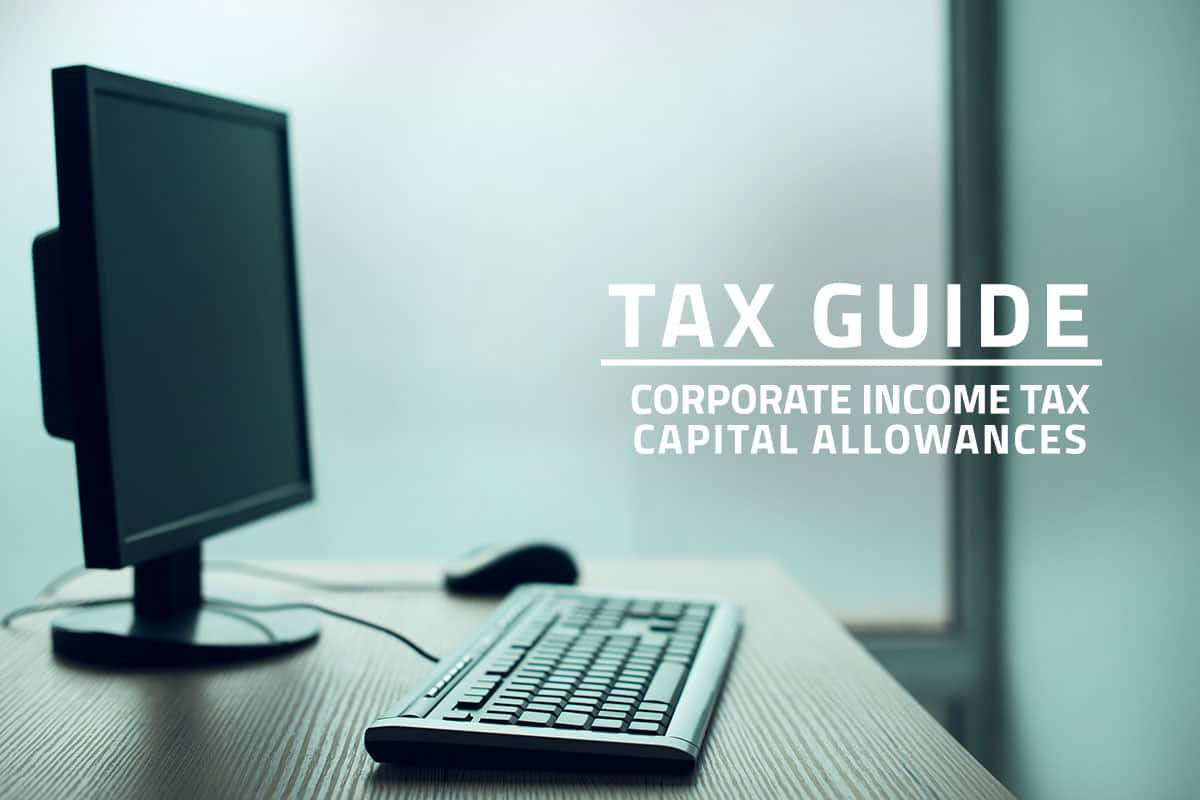As per the Singapore Companies Act, only registered public accountants may audit financial reports of companies that do not meet the “small company” criteria for audit exemption. Auditors are expected to meet the demands of both internal and external forces when catering to clients.

They must ensure these companies comply with the standards of financial reporting in Singapore and remain fair and accurate with their findings. This means they need to balance their rapport with clients while ensuring the integrity of the financial statements. The following are some of the key responsibilities, tasks and skills auditors must possess to ensure the quality of their services.
An Auditor Must Follow the Ethical Standards of His Profession
Registered accountants in Singapore must adhere to the rules and guidelines set in the Accountants Act administered by the Accounting and Corporate Regulatory Authority (ACRA). The ACRA is the governing body that regulates, monitors the work of public accountants and corporate service providers in the country.
The Code of Professional Conduct and Ethics found in the Accountants Act addresses many matters related to the performance of auditing services in Section 290, especially those related to maintaining independence while conducting an audit by avoiding conflicts of interest and potential threats to the objective and transparent reporting of audit findings.
Members registered with the Institute of Singapore Chartered Accountants (ISCA) must also operate within the standards outlined in the Ethics Pronouncements and Implementation Guidances issued by ISCA.
What is Expected from an Auditor in Singapore?
Generally, there are two types of audits that may be conducted for a business or company. These are known as internal and external audits. The extent of each audit is delimited by the ultimate users of the information and findings obtained through the auditing procedure, and by the legal implications derived from the service.
Internal auditors are expected to perform a thorough review of the organization’s internal processes to provide, based on their findings, an opinion that senior managers, the Board of Directors, and shareholders can use to correct any potential flaws in the company’s internal accounting and financial procedures.
On the other hand, external auditors must conduct a thorough review of the financial information, corporate governance structure, and other relevant aspects associated with the financial reports issued by the business for external (and internal) users including investors, regulators, and creditors.
In both cases, auditors must be sufficiently qualified to perform a comprehensive service to the best of their professional capacity. Additionally, they must issue a report that discloses the key findings obtained through the audit, and they must disclose any irregularities that occurred during the process.
An Auditor’s Key Skills in Today’s Modern Financial World
Auditors in Singapore face the challenge of an environment characterized by evolving financial technologies and complex financial instruments. In this sense, some of the most crucial skills an auditor in Singapore should develop nowadays include:
- International accounting practices and standards.
- Dynamics and implications of M&A transactions.
- Risk assessment tools.
- Industry-specific knowledge.
- Accounting software and ERPs.
- Business valuation tools and models.
Related Posts
Debt Restructuring
Debt Restructuring A business debt restructuring exercise is a financial strategy tp assist companies facing…
Tax Guide: Singapore Capital Allowances
By law, all Singapore Companies are required to file annual income tax returns to the…
Quick Guide: IAS 20 – Accounting for Government Grants
This year, the COVID-19 crisis has adversely impacted the global economy. Singapore is no exemption,…
Singapore Guide: ISCA FRB 6 – Accounting for Jobs Support Scheme
This year, the COVID-19 pandemic has inevitably adversely impacted the global economy. Singapore companies and…











